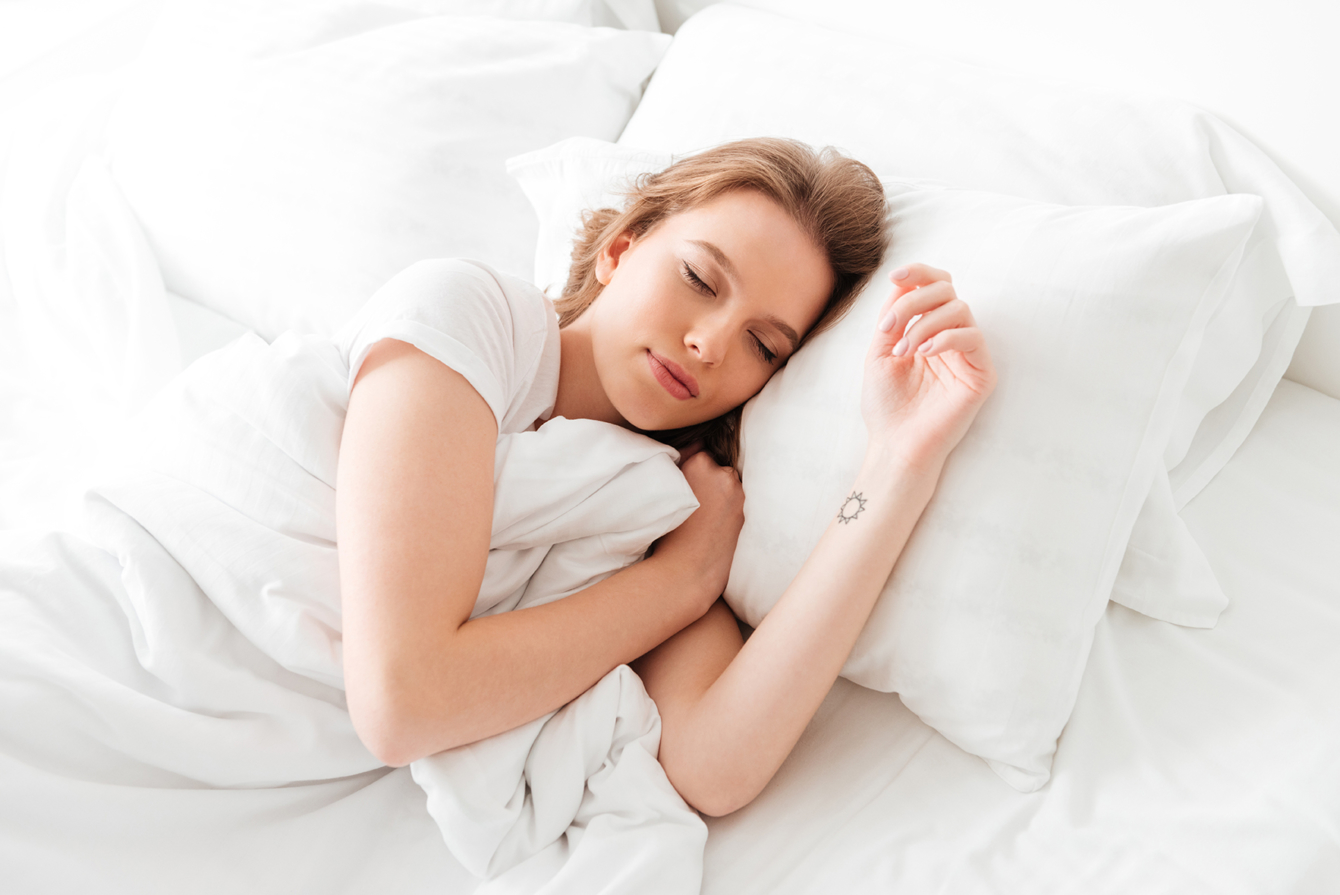MEDA’s top five lifestyle tips for optimised sleep

MEDA’s top five lifestyle tips for optimised sleep
What’s the secret to a perfect night’s sleep? If only it were that simple.
Think about all the elements that can interfere with a good night’s slumber — from work pressure and family responsibilities to unexpected challenges and stressors, such as illnesses. It’s no wonder that quality sleep is sometimes elusive.
SET A DIGITAL CURFEW
Curfews aren’t just for the kids. Implementing a sleep curfew can help set those boundaries and prevent late night scrolling or before-bed emailers!
For tech-free zzz’s, disconnect an hour before bed. Turn your phone off or on aeroplane mode and put any tech on an out-of-reach dresser or in another room so you won’t be able to grab it if you get the late-night urge. Worried about missing your morning alarm? It now sounds ancient, but…. invest in a real alarm clock! It will prevent you from reaching for your tech first thing upon waking.
INVEST IN BLUE-LIGHT BLOCKING
The blue light emitted from screens, phones, computers, TVs, etc. interrupt the secretion of Melatonin, our sleep hormone, and can artificially trick our bodies and minds into thinking that it is still day-time.
To avoid this, make sure you set your screens to automatically switch onto a warm tint after 9pm, and ideally, switch off all screens at least 1 hour before bed. There are some great apps you can download on your devices that will change your light setting automatically. Check out Flux free app for your computers – https://justgetflux.com/
CREATE A BED-TIME ROUTINE
A bedtime routine can help many of us get in the mood and ready for deep, quality sleep. However it doesn’t need to be long-winded or complex. Whether you enjoy lighting a candle, having a 20-minute bath or making a cup of herbal tea in the evening then this can become part of a bedtime routine. Begin with one thing that you know promotes relaxation and incorporate more as you begin to reap the rewards of self-care!
TIME YOUR WORKOUT
Cortisol, our ‘stress’ hormone is naturally produced in response to exercise – but hold up, don’t stop exercising right away, Cortisol isn’t always a bad thing, and it is essential for our survival too.
⠀
A normal pattern of cortisol production looks like this. At around 6am cortisol is released which helps us get up and get going for the day, and begins to dip around 10pm which may help us begin to fall asleep. ⠀
⠀
If you are struggling with your sleep, it may be a good idea to try to work with your natural cortisol curve, and schedule exercise in the morning rather than in the evenings. If you do want to move in the evenings, opt for yoga, a light stroll or Pilates. An added bonus, more mindful movement can incorporate breathwork and meditation which can help promote relaxation, right before bed-time.
FIND YOUR MOMENT OF MINDFULNESS
Being mindful is about focused attention. For some people this is meditation, for others this is focusing on the present or just listening to your thoughts. Everyone is mindfully unique, which is why it is such an essential practice for each person.
Practicing mindfulness can help you get into a state of relaxation which will not only help you fall into a deep slumber, but will also help reduce stress and quieten the thoughts and feelings from your day. If you suffer from a racing mind before bed, being mindful over time will help you control this.